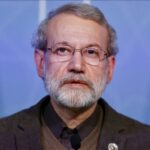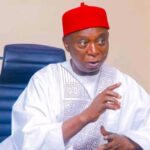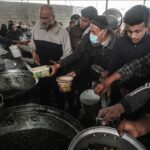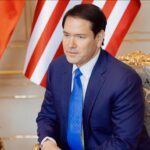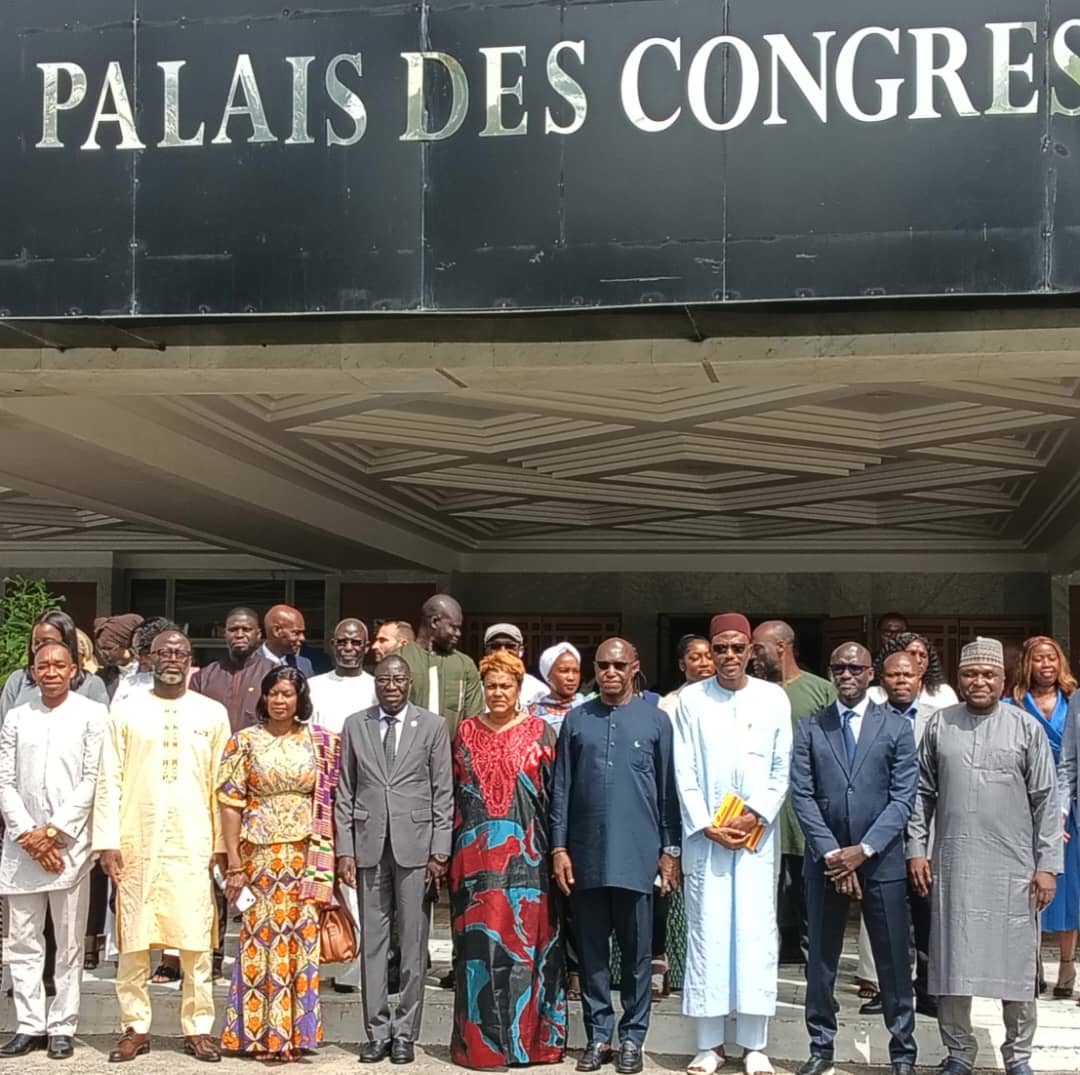By Busayo Onijala, News Agency of Nigeria (NAN)
Financial crimes, including money laundering, terrorist financing and proliferation financing, have continued to fuel conflict, economic inequality and corruption across West Africa.
In the fight against this, the media often remains underutilised, underresourced and, sometimes, under threat.
The role of the media in the fight against illicit financial flows is more critical now, as investigations on the menace can expose financial networks and inform the public of how unclean money shapes some lives.
Analysts believe that when journalists are silenced by fear, censorship or lack of support, the perpetrators of these crimes win.
They argue that in some cases, some political and business figures implicated in money laundering wield influence over media houses and stifle critical coverage, while in other instances, journalists simply lack the training or resources to pursue complex financial investigations that require deep understanding of legal, economic and international frameworks.
Media houses have a moral, civic and strategic duty to shine light on financial crimes and are positioned to educate citizens on the signs and dangers of money laundering and terror financing.
They are also positioned to hold financial institutions and public officials accountable, as inaction weakens accountability, allowing perpetrators escape justice.
It is noteworthy that countries struggling with weak anti-money laundering enforcement risk international sanctions, which can further isolate economies and damage development.
As part of its continued effort to tackle money laundering and terrorist financing in West Africa, the Inter-Governmental Action Group against Money Laundering (GIABA) few days ago held its annual briefing session for ECOWAS ambassadors and development partners.
GIABA presented its 2024 Annual Report at the occasion.
It also held a sensitisation programme for some ECOWAS journalists on the sidelines of the presentation of its 2024 Annual Report
The report outlines GIABA’s key achievements during 2024, while urging ECOWAS states to intensify implementation of Anti-Money Laundering (AML) and Counter-Financing of Terrorism (CFT) measures.
GIABA, established in 2000 by ECOWAS, is a specialised institution mandated to coordinate regional responses to economic and financial crimes.
It was created as a demonstration of political will to combat money laundering and terrorist financing, while aligning West Africa with global AML standards.
According to GIABA, the fight against money laundering and terrorism financing is a global programme with diverse stakeholders at both the national, regional and international levels.
Mr Cheikh Bamba, Director, Financial Intelligence Unit and GIABA National Correspondent for Senegal, emphasised the need for more collaboration and investment in journalists in the fight against financial crimes.
According to him, communication and advocacy are very important in tackling the crimes as they improve understanding of the situation and push for interventions.
“It is through constant dialogues and training of the media that we will be able to put together concrete actions to fight financial crimes,” he said.
On the role of the media in fighting financial crimes, Mr Timothy Melaye, Principal Officer for Communication and Advocacy at GIABA, said that media professionals must act as moral compasses for society.
Melaye said that the media must also improve its literacy on AML/CFT frameworks to facilitate effective reporting.
“Use your reports to advocate national re-orientation of youths to change their perception about governance, disabuse their minds on the legality of corruption, and increase their participation in governance.
“Continue to investigate and report all predicate offences, especially corruption in high places. By so doing, you are setting national agenda and discourse,” Melaye urged the media.
He added that commitment of all stakeholders would be required to ensure that ECOWAS member-states would be rid of criminality while effective implementation of a robust AML/CFT regime would be achieved.
Mr Muazu Umaru, Policy and Research Director at GIABA, highlighted the drivers of financial crimes, describing risks posed by them as significant and interconnected with security and political instability.
According to him, high rates of poverty, unemployment and other deep-seated socio-economic grievances create vulnerabilities and motivation for individuals to engage in crimes.
“Illicit economy can appear as the only viable pathway out of poverty in marginalised areas, and widespread socio-economic frustration fuels grievances against the state.”
Anderson Akue Tounou, a Togolese Journalist with Ecovisionafrik, expressed the hope that through his work, he would contribute to collective awareness on financial crimes and bring about major changes within his community.
He called on other journalists and media actors to cultivate integrity on their jobs and give hope to populations who deserved access to better life conditions.
“The session made me realise the essential role I must play in the fight against money laundering.
“GIABA is doing a tremendous job in raising awareness in the fight against financial crimes, and I think it is time for heads of state and government to expand GIABA’s powers and scope of action.
“By this, I mean that GIABA must be allowed to pursue criminals and try them if possible,” he said.
Earlier, Hermínio Moniz, Ambassador of Cabo Verde to Senegal noted the essential role of the media in raising awareness and advancing the fight against money laundering and terrorist financing.
According to him, sustainable economic development cannot be achieved without effectively addressing financial crimes.
Analysts believe that empowering the media in this fight involves doing more to support journalism through training, funding, and legal protection.
They urge urgent inclusion of journalists in national and regional conversations on AML/CFT frameworks, arguing that such discussions are often limited to financial regulators, law enforcers and policymakers, leaving out the storytellers who can turn complex financial data into accessible narratives that drive public engagements. (NANFeatures)



